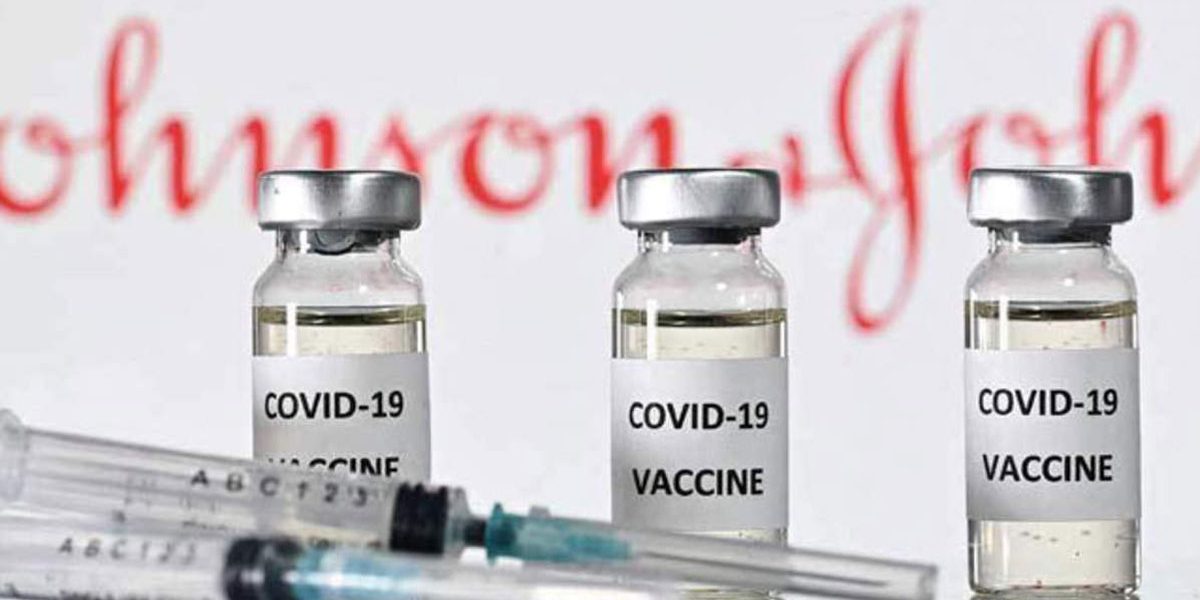Authorities may resume Johnson & Johnson vaccine, tags it with “very rare” risk

As the U.S. has paused the Johnson & Johnson vaccine for two weeks, the authorities are considering is it safe to resume the vaccine the way European regulators decided – with a warning of “very rare” risk.
J&J vaccine was paused after the authorities linked it to a rare blood clot, which was developed in few people.
Health officials said that they were aware of 15 cases of developing unusual blood clots since the government has allowed resuming the vaccine and nearly 8 million doses have been used. All patients were women under 50, out of which 3 died and 7 remain hospitalized.
The Centre for Disease Control and Prevention is looking over to its advisor to help them evaluate how big the risk is and how to balance that risk against the millions of Americans who are yet to be vaccinated from a disease that is infecting tens of thousands of Americans every day.
European regulators agreed to resume the J&J vaccine on the grounds that the blood clots seem very rare and the benefit which the vaccine provides is much higher than the risk.
The blood clot is rare as it forms in an unusual place which can cause blood to drain from the brain. People with low platelets counts are high at risk for such rare clots.
A random report raised caution alarm as European regulators discovered similar blood clots, which can be due to the AstraZeneca vaccine. Both AstraZeneca and J&J are identical and are developed with the same technique.
Initially, the patients in the U.S. were treated with heparin, the most common clot treatment, but later it was avoided as it can harm rather than help.
Pfizer and Moderna vaccines have not yet linked to the blood clot but J&J mass vaccination site has been shut since April 13 in the country.
The way Americans deal with the J&J vaccine will influence other countries that don’t have many vaccination options. In the U.S. more than half of the population have been vaccinated, the majority of them with Pfizer and Moderna.



